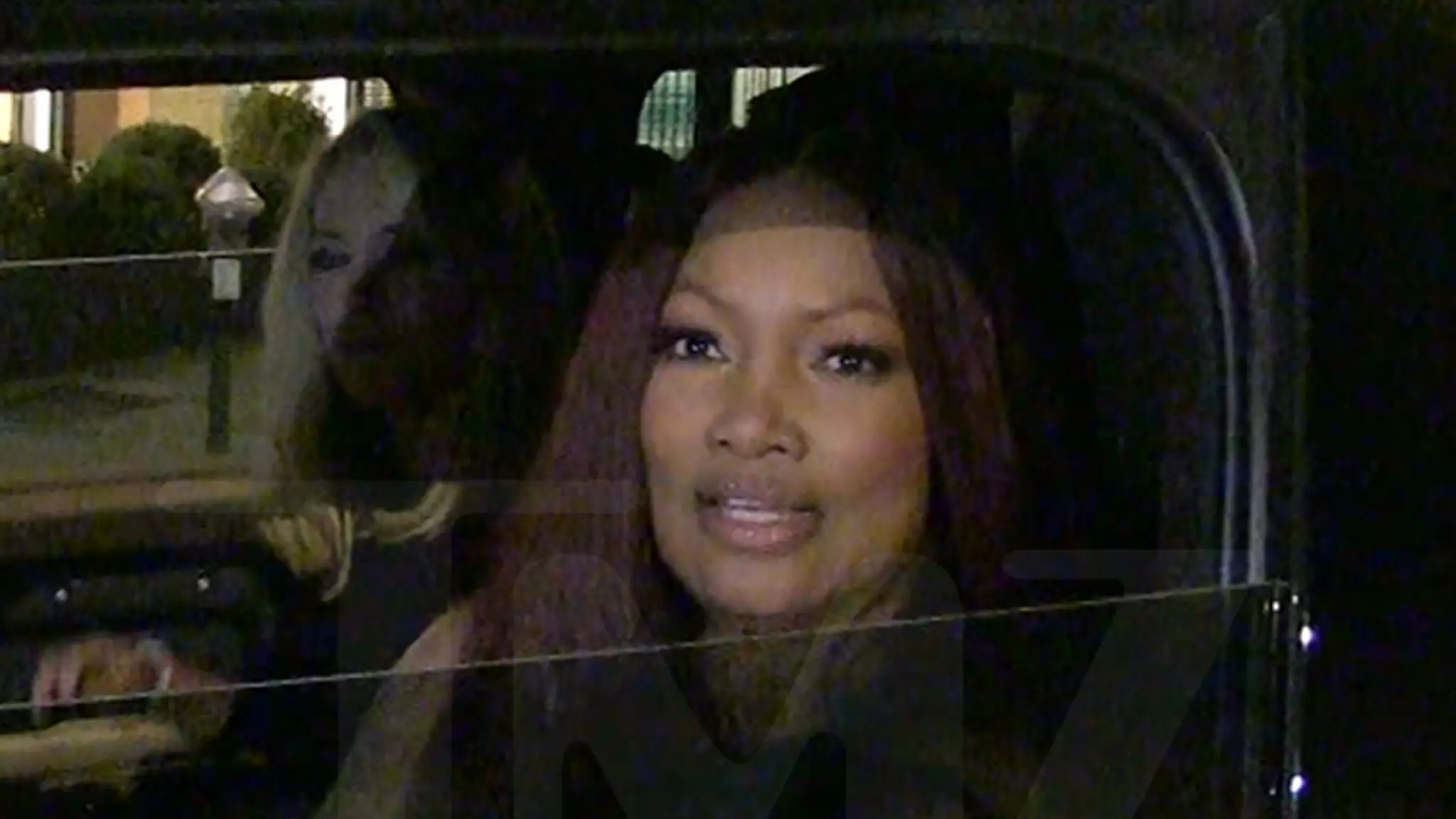As the countdown to the Presidential election intensifies, celebrities are stepping into the limelight to encourage voter participation, specifically Garcelle Beauvais from the reality television franchise, “Real Housewives of Beverly Hills.” On a recent outing, Beauvais emphasized the importance of voting, directing her message towards Black men—a demographic she believes holds the key to making a significant impact this election cycle. Her fervent call to action highlights an ongoing concern within the political arena: the reliability of turnout from minority voters.
Beauvais, in her enthusiastic appeal, characterized the election as a “risky” endeavor, noting the tight race between Vice President Kamala Harris and her opponent, former President Donald Trump. By framing the stakes in such dramatic terms, she effectively captures the urgency needed to galvanize a voter base that has historically been crucial yet inconsistent in its turnout.
The actress pointed out that Vice President Harris has been facing challenges in resonating with Black male voters, underlining a disconnect that could influence the outcome of the election. This situation suggests a need for targeted outreach strategies that address specific concerns and motivations within different demographics. Beauvais’s focus on this group echoes a broader narrative in political campaigns where certain constituencies require tailored messaging to foster engagement.
This call for support is emblematic of a larger trend in which celebrities in Hollywood are aligning themselves with various political figures. Beauvais isn’t alone in her advocacy; a slew of A-list names—like Taylor Swift and Michelle Obama—have also joined the chorus pushing for Harris’s candidacy. Their involvement often plays a dual role: not just galvanizing fans, but using their platforms to bring attention to policy issues that resonate with broader audiences.
However, the phenomenon of celebrity activism is not without its complexities. The entertainment industry is rife with dissenting voices; a notable example is singer Chappell Roan, who publicly expressed her reluctance to fully endorse Harris due to concerns about the current administration’s foreign policy, indicating that political nuance can often lead to hesitancy among voters. Furthermore, prominent figures like Hulk Hogan and Elon Musk have openly declared their support for Trump, illustrating the polarized environment within Hollywood itself.
This division among celebrities potentially complicates voter perceptions and motivations. Young and impressionable fans may find themselves swayed by the voices of their favorite stars, but conflicting endorsements can lead to confusion and indecision. The stakes may be high, but the messages navigating this turbulent political climate are anything but uniform.
As the upcoming election beckons, the interplay between celebrity influence and voter mobilization cannot be understated. While Beauvais’s heartfelt plea highlights the importance of engagement and representation, the reality is that not all fans will resonate uniformly with star endorsements. With key issues at stake and a closeness in the race that could tip one way or another, the coming weeks will reveal whether these celebrity endorsements will translate into tangible voter turnout or if they will simply echo through the halls of political hope without significant impact.

